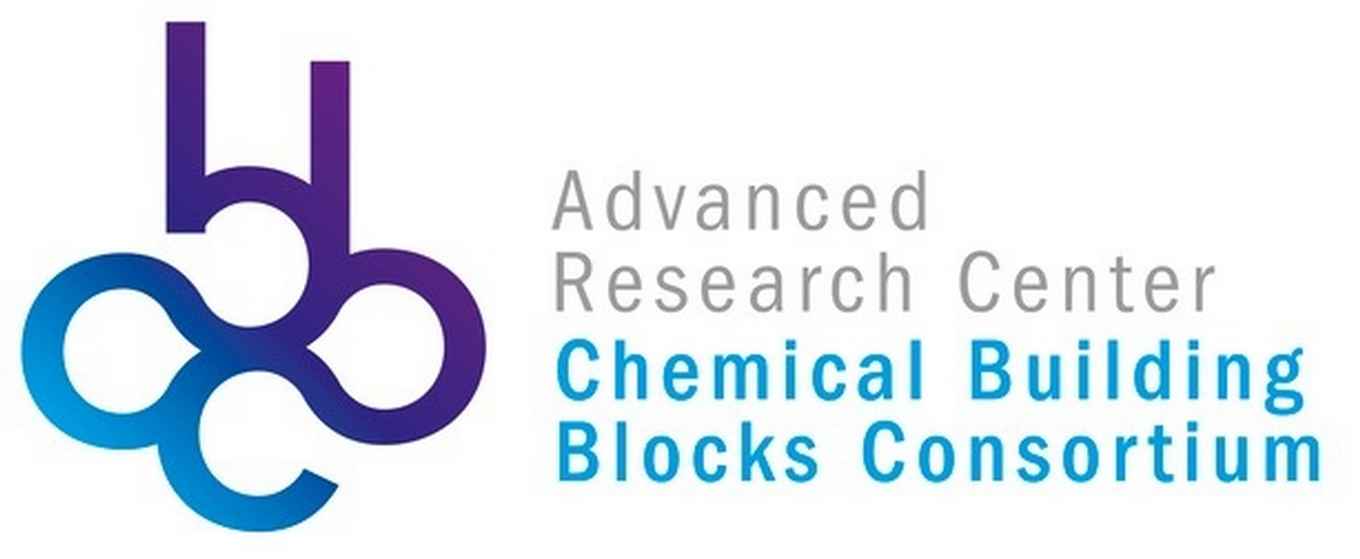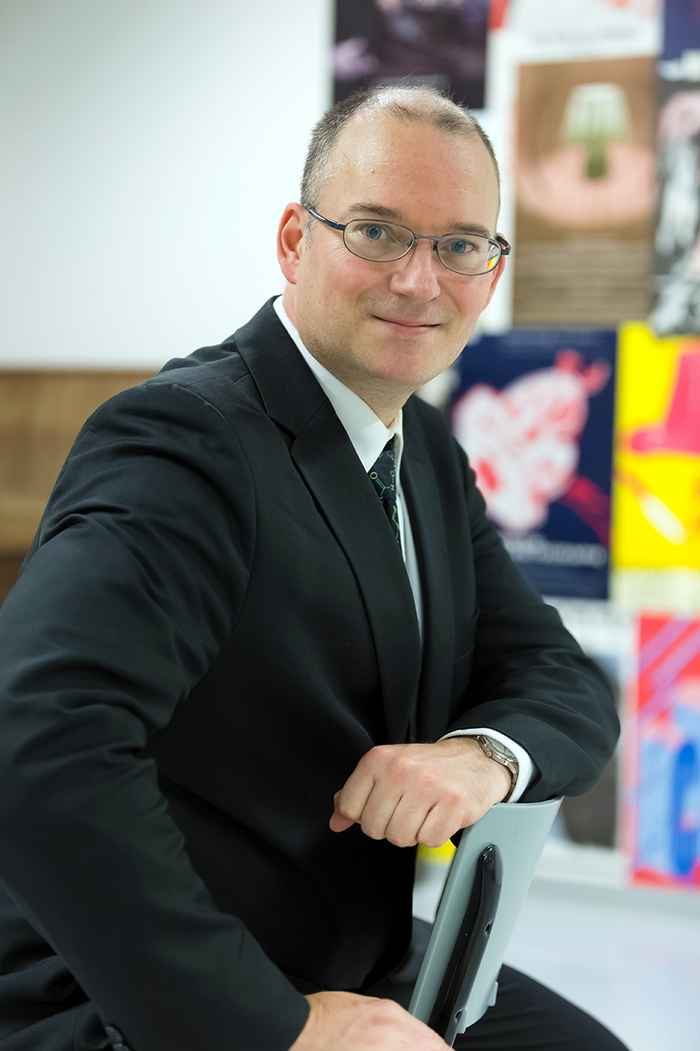Research into sustainable chemistry awarded with 1.2 million euros
29 June 2018

The Advanced Research Center for Chemical Building Blocks Consortium (ARC CBBC) is the national research center for excellent research in major, complex societal challenges related to chemistry and energy. Research issues are associated with the growing demand for the finite supply of raw materials and the ever-increasing demand for new functionalities to enhance prosperity around the globe. Within ARC CBBC, knowledge institutions and industrial partners work together to find chemical solutions for major societal challenges. ARC CBBC focuses on three research areas: Energy Carriers, Functional Materials & Specialties and Coatings. With the recent allocation of the three projects at Van 't Hoff Institute for Molecular Sciences more than 1.2 million euros is involved.
Nanoparticles
Project: 'Ultimate control over nanoparticle structure, composition, size, and location in supported bimetallic catalysts'.
This project is part of the ARC CBBC flagship programme 'Fundamentals of catalysis' and encompasses the tailored production of nanoparticles for applications in catalysis. The size and composition of such particles is crucial for their catalytic properties, and thus for the efficiency of (industrial) chemical reactions. In the project, seven university researchers will collaborate with Shell, AkzoNobel and BASF. Prof. Joost Reek will use methods for supramolecular self-assembly to produce ultra-small nanoparticles that consist of a precise number of atoms.
Conversion of solar energy
Project: 'Photoelectrochemical fuel production: Optimizing NiO, Photosensitizer and catalysts'.
This is a project led by Joost Reek in collaboration with the University of Twente (Prof. Guido Mul) and Shell. The aim is the photochemical production of sustainable fuels. The direct conversion of solar energy to fuel is important in the context of the transformation to a sustainable society. One of the methods involves direct conversion using devices based on molecular components. Existing prototypes display a very low efficiency since the various components are not yet optimized and also not very well matched. The research is aimed at optimizing the components in mutual cohesion.
Paint from biological building blocks
Project: 'Crosslinks in waterborne coatings based on new building blocks'

In this project within the ARC CBBC flagship programme 'Coatings and functional materials', a team of nine university scientists will work together with AkzoNobel and BASF to develop new sustainable bases for paint, ink and lacquers. The idea is to develop a new generation of functional coatings through chemical conversion of biological polymers (such as cellulose) to oligosaccharides and related chemical building blocks. In this project, the required new processes and new catalysts are being developed. Prof. Bas de Bruin of Van 't Hoff Institute for Molecular Sciences will focus in particular on new chemical reactions that enable crosslinking of the new coating polymers. This is crucial for the development of sustainable, functional paints from biological building blocks.